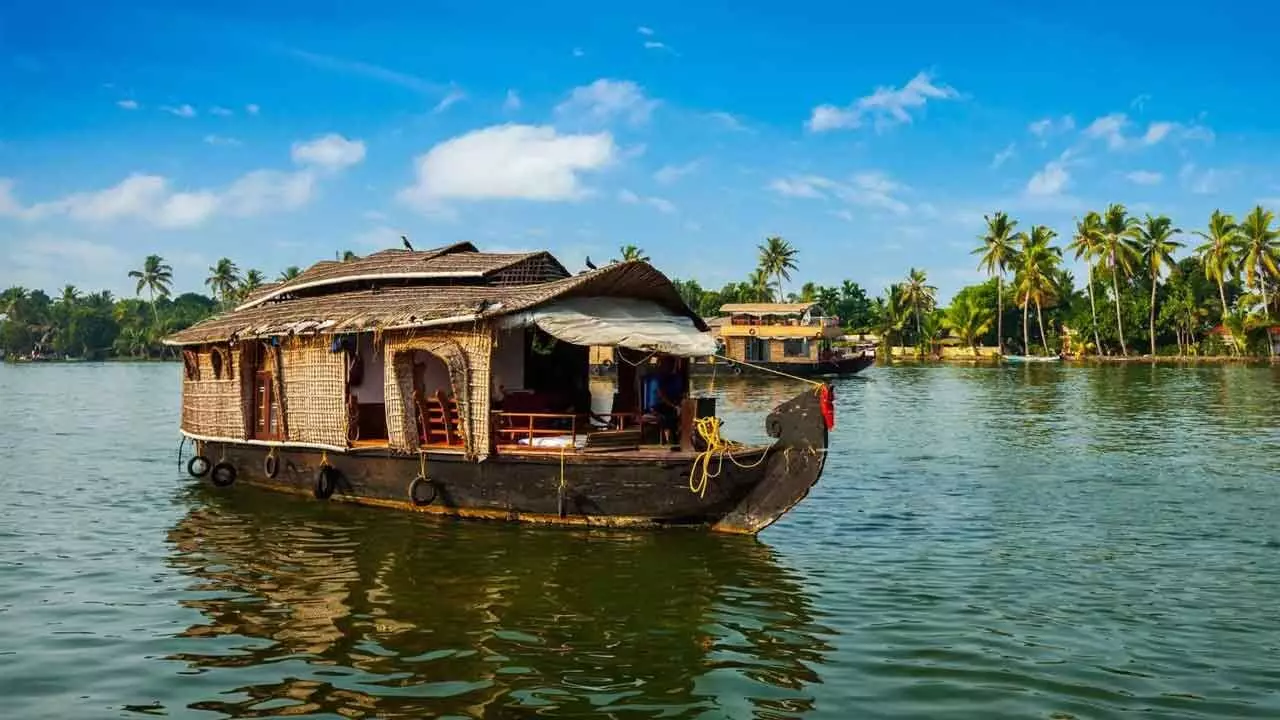India remains at the forefront of sustainable tourism
India remains at the forefront of sustainable tourism

Sustainable tourism is defined by the UN Environment Program and UN World Tourism Organization as “tourism that takes full account of its current and future economic, social and environmental impacts, addressing the needs of visitors, the industry, the environment and host communities.” Sustainable tourism refers to sustainable practices employed by the tourism industry. It is an aspiration to acknowledge all impacts of tourism, both positive and negative. It aims to minimize the negative impacts and maximize the positive ones. Negative impacts to a destination include economic leakage, damage to the natural environment and overcrowding to name a few. The positive impacts include job creation, cultural heritage preservation and interpretation, wildlife preservation landscape restoration, and more. Global sustainable tourism is poised to grow from $ 3.15 trillion in 2023 to $7.74 trillion in 2031 at a CAGR of 14.94 per cent during the forecast period 2024-2031. According to WTTC’s Environmental and Social Research, travel and tourism contributes approximately eight per cent to overall global GHG emissions.
While the sector’s emissions intensity has steadily fallen since 2010, we must start decreasing our sector’s absolute emissions in order to achieve net zero travel and tourism by 2050.
Over half of the sector’s demand is driven by the desire to explore nature and it is one of six economic sectors with over 80 per cent of its goods and services highly dependent on nature. The sector's interdependence with the natural surroundings places it in a unique position to act as a guardian of nature. As such, WTTC works with partners to deliver critical guidance on areas such as single-use plastic reduction strategies, freshwater management roadmaps, and nature, positive approaches to integrating biodiversity safeguards and protecting and restoring nature. According to the global tourism body’s latest research, the sector’s contribution to India’s GDP reached just over INR 19.13TN in 2023 – almost 10 per cent ahead of the 2019 levels.
Employment in travel and tourism grew by 10 per cent to reach just under 43MN, eight per cent more than in 2019. Domestic visitor spending was 15 per cent ahead of 2019, reaching INR 14.64TN however international visitor spending remained more than 14% behind 2019 last year – INR 0.4TN less being spent by international visitors last year than in 2019. Julia Simpson, WTTC President & CEO, said; "India's travel and tourism sector is bouncing back with remarkable vigour, driven by a surge in domestic tourism.” Goa’s Tourism minsietr Rohan A. Khaunte has been honoured with the “Excellence in Tourism Leadership” award at the Today’s Traveller Awards. This highlights his visionary leadership in promoting Goa as a top global tourism destination and his commitment to sustainable practices and pioneering efforts in advancing regenerative tourism has truly set a benchmark, positioning Goa as a leader in this vital sector. Goa Tourism was also recognized as the “Best State for Regenerative Tourism.” This award underscores Goa’s steadfast commitment to preserving and enriching its natural resources while promoting responsible tourism that benefits both the environment and local communities. The “Destination of the Year” award was presented to Goa Tourism at the prestigious PATWA Travel Award Ceremony at ITB Berlin.

